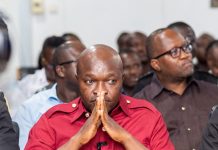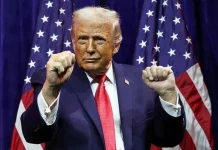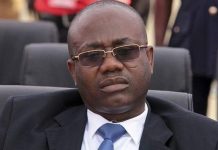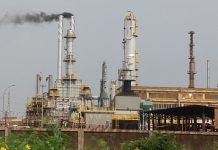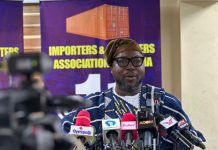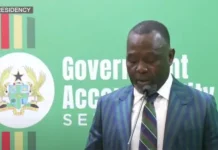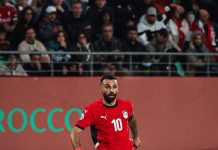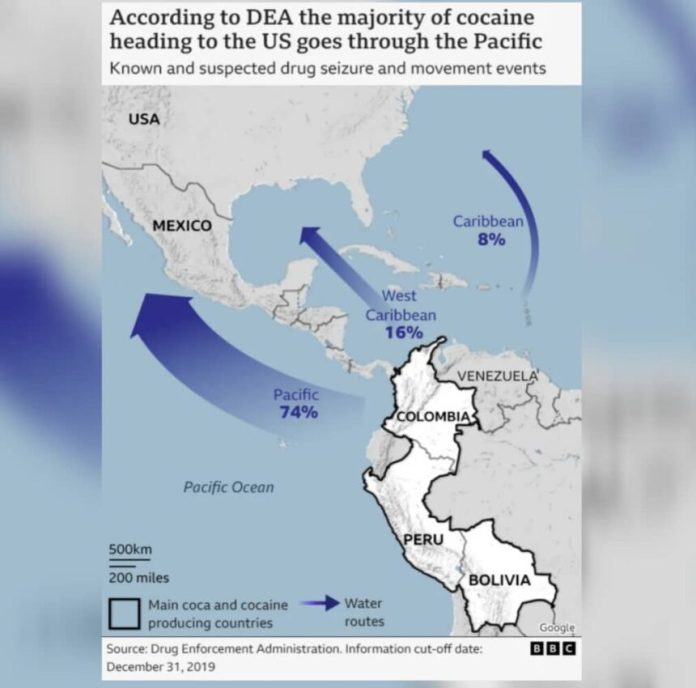The US strikes have drawn widespread criticism across Latin America, with legal scholars and lawmakers alike questioning whether the president acted within constitutional bounds. Bipartisan members of Congress have voiced unease over what they describe as an overreach of executive power.
So far, the attacks have claimed at least 57 lives, deepening a diplomatic rift between the United States and both Colombia and Venezuela.
Initially concentrated in the Caribbean, the strikes have now extended into the Pacific Ocean, signaling a potential broadening of military operations in the region.
Hegseth confirmed in a statement on X that intelligence reports had tracked the four vessels along recognized drug-smuggling routes, describing them as carrying narcotics.
He disclosed that eight suspected traffickers were killed in the first strike, with an additional seven fatalities reported across the next two operations.
One survivor was recovered, with Mexican authorities reportedly assuming control of the rescue mission, he added.
The fate of the sole survivor from the attacks remains unknown, with authorities yet to disclose his condition or location.
In his post, Hegseth shared footage of blazing vessels following the US airstrikes, underscoring what he described as a turning point in US defense priorities.
“For more than twenty years, this department has defended other nations,” he wrote. “Now, we’re defending our own.”
Military sources indicate that four of the recent operations targeted vessels in the Pacific Ocean, considered a key route for drug trafficking, while others occurred in the Caribbean Sea.
President Donald Trump insists he has full legal authority to continue ordering bombings of suspected narco-trafficking vessels in international waters. He has nonetheless suggested that Congress may be consulted if the campaign broadens to include targets on land.
Declaring himself “totally prepared” for such an expansion, Trump signaled a potential intensification of US military engagement in the region.
But the campaign has drawn sharp criticism from Latin American governments and legal scholars, who question both its legality and proportionality.
In an interview with the BBC, Colombia’s Deputy Foreign Minister Mauricio Jaramillo said the strikes were “disproportionate and outside international law.”
Jaramillo condemned the strikes, arguing that those on board the vessels had “no chance to defend themselves” and were attacked “without process or judicial oversight.”
The controversy unfolds against a backdrop of intensifying diplomatic strain. The US government has sanctioned Colombian President Gustavo Petro, accusing him of turning a blind eye to cartel activities.
At the same time, American military assets have surged in the Caribbean, with troops, warplanes, and ships deployed, including the recent arrival of the USS Gerald R. Ford, the world’s largest aircraft carrier.
Meanwhile, President Trump has revived accusations that Venezuelan President Nicolás Maduro leads a drug-trafficking network—claims Maduro rejects. Officials in Venezuela fear that the US military buildup could signal preparations for regime change.
In an interview with the BBC, Venezuela’s attorney general claimed that President Trump’s actions amount to an effort to topple the Maduro government, accusing Washington of pursuing control over Venezuela’s vast mineral and energy wealth.
He alleged that the US hopes to exploit Venezuela’s reserves of gold, oil, and copper under the guise of enforcing international law.
The United States—along with many Western nations—has refused to recognise Nicolás Maduro’s presidency, arguing that the 2024 election lacked transparency and legitimacy. According to opposition data, Maduro’s challenger had secured a clear electoral victory that was never officially acknowledged.
Source: BBC News



